
BOLD Indeed: Beef Lowers Cholesterol?
The beef industry designed a study to show that a diet containing beef was able to lower cholesterol—if one cuts out enough poultry, pork, fish, and cheese to halve one’s total saturated fat intake.
 17
видео
17
видео

The beef industry designed a study to show that a diet containing beef was able to lower cholesterol—if one cuts out enough poultry, pork, fish, and cheese to halve one’s total saturated fat intake.
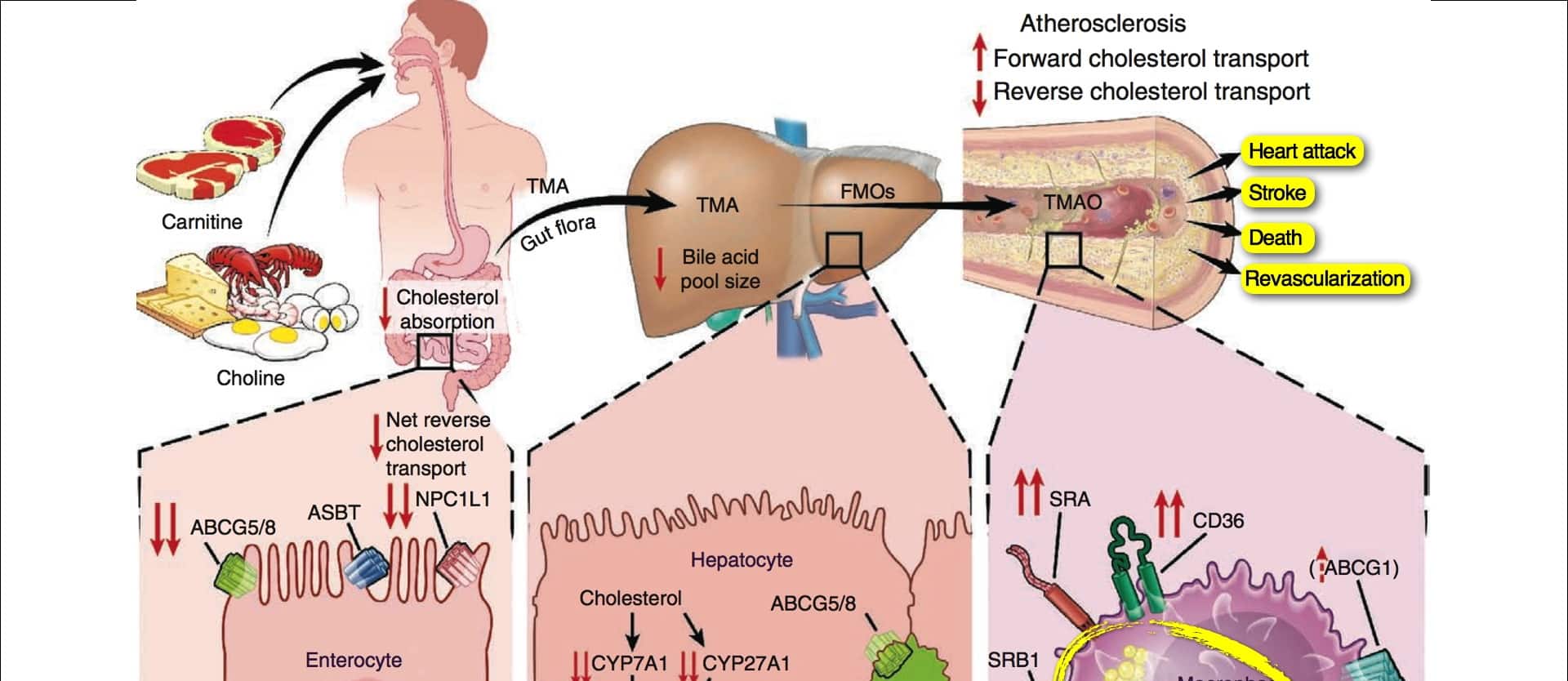
Expanding on the subject of my upcoming appearance on The Dr. Oz Show, a landmark new article in the New England Journal of Medicine shows that choline in eggs, poultry, dairy, and fish produces the same toxic TMAO as carnitine in red meat—which may help explain plant-based protection from heart disease and prostate cancer.
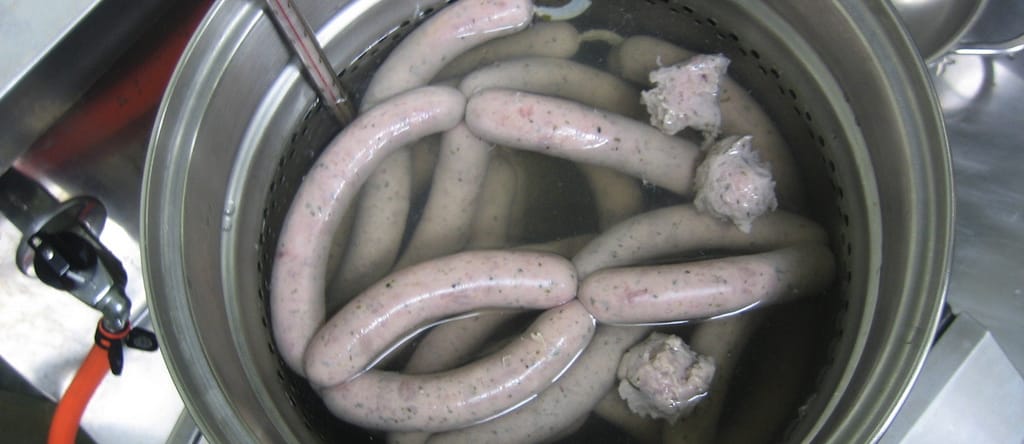
Those who eat meat risk food poisoning from undercooked meat, but also exposure to cooked meat carcinogens in well-cooked meat. By boiling meat, non-vegetarians can mediate their risk of both.
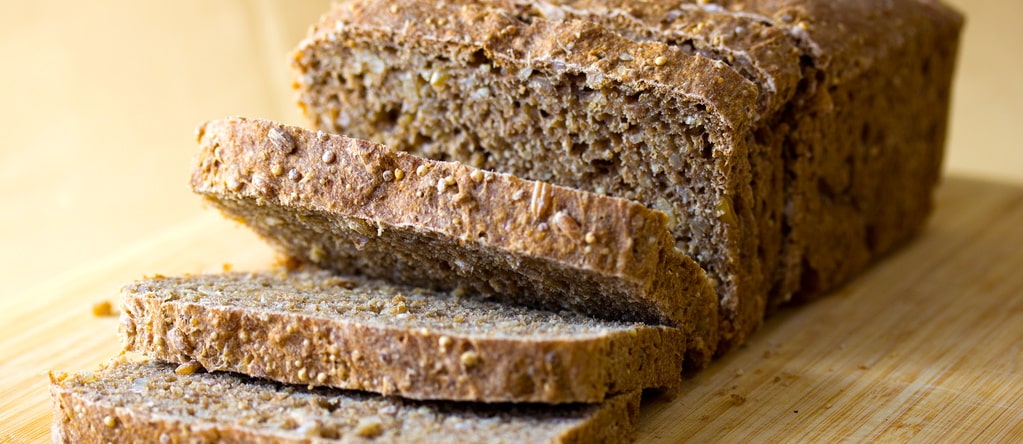
The consumption of three portions of whole grains a day appears as powerful as high blood pressure medications in alleviating hypertension.
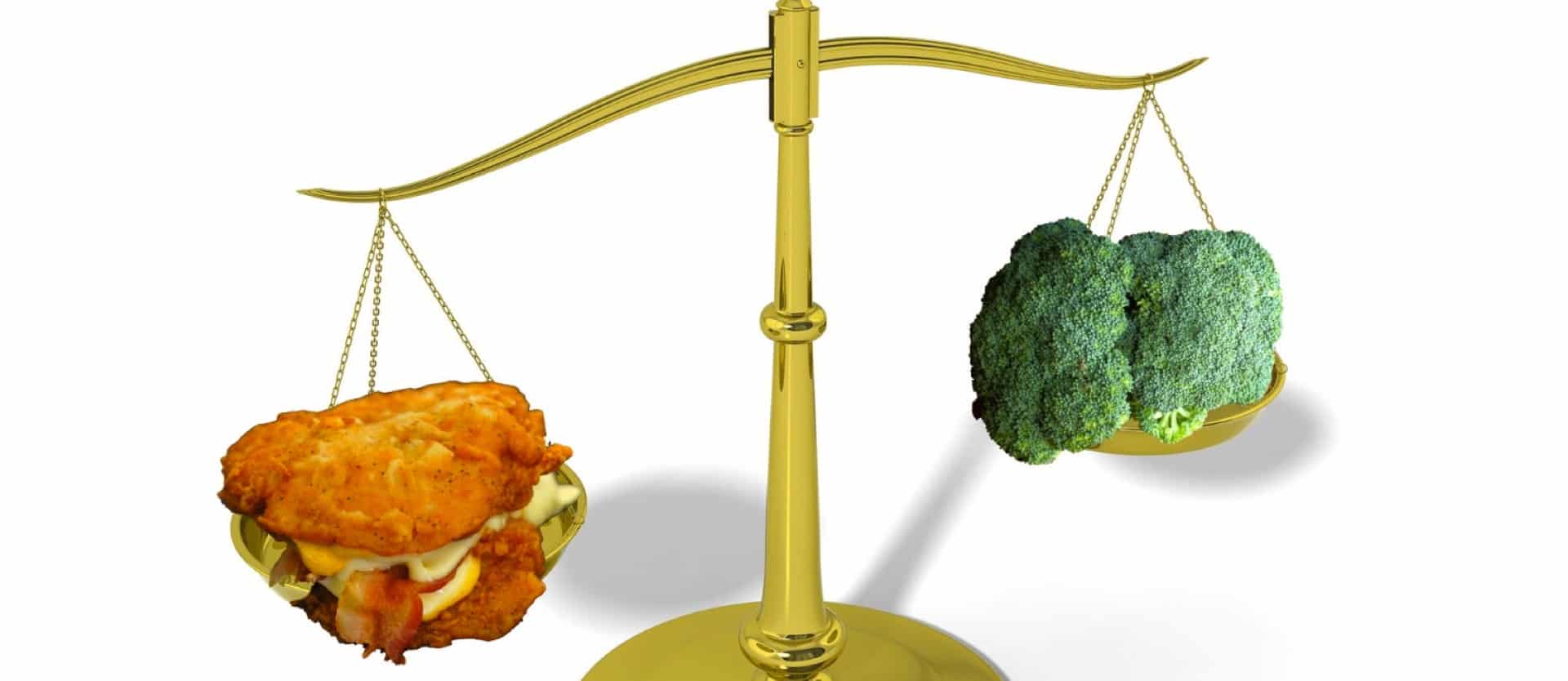
Reducing the ratio of animal to plant protein in men’s diets may slow the progression of prostate cancer.
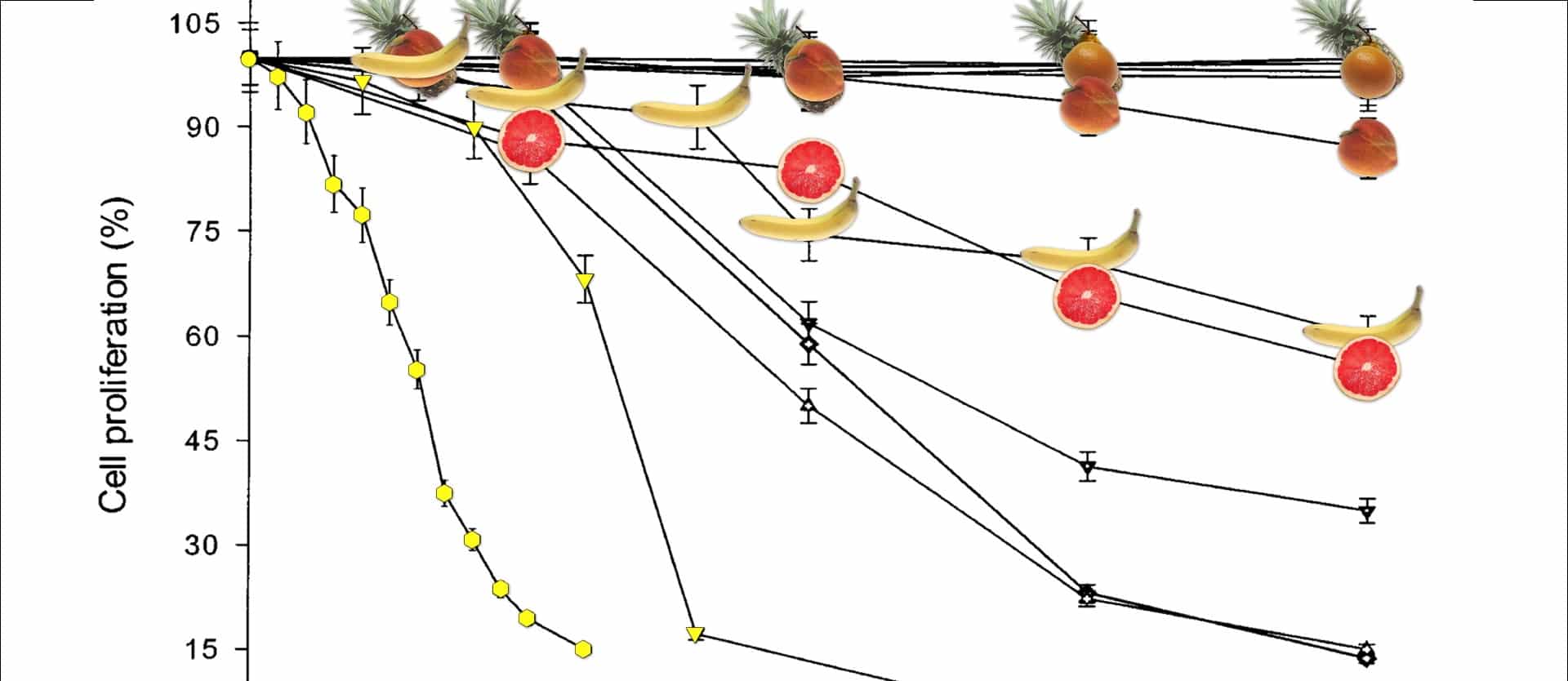
The ability of eleven common fruits to suppress cancer cell growth in vitro was compared. Which was most effective—apples, bananas, cranberries, grapefruits, grapes, lemons, oranges, peaches, pears, pineapples, or strawberries?
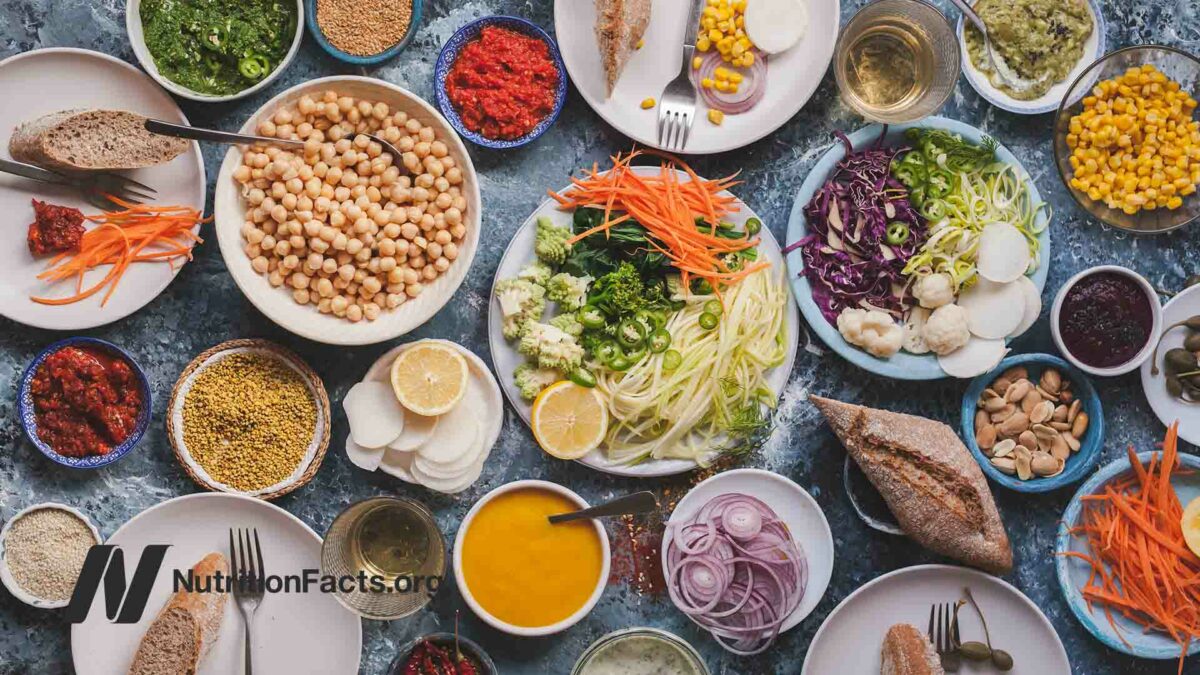
Despite promising autopsy and population data suggesting that inadequate magnesium intake is a risk factor for sudden cardiac death, it wasn't until recently that this was demonstrated in prospective studies.
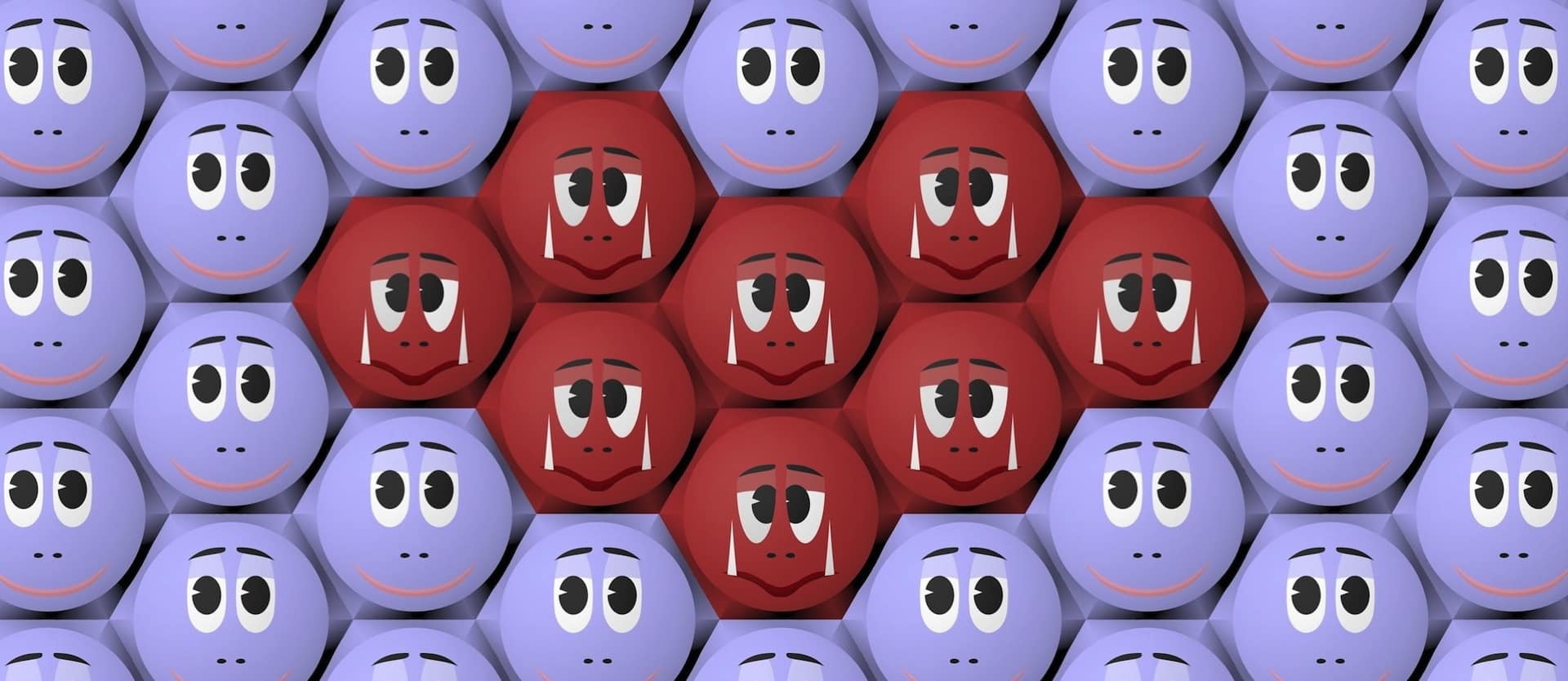
Choline may be the reason egg consumption is associated with prostate cancer progression and death.
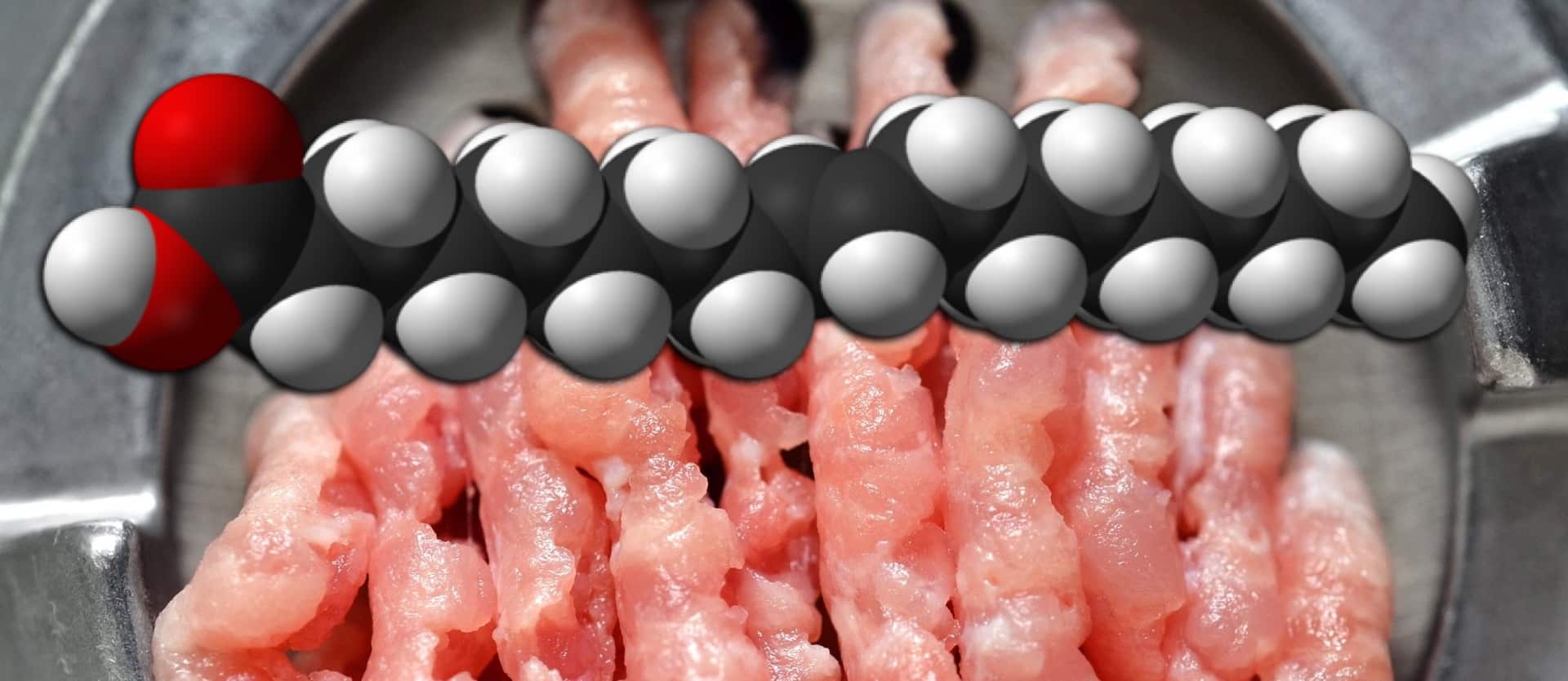
About half of America's trans fat intake now comes from animal products.

Dioxins, endocrine disrupting pollutants, heavy metals, saturated fat, and steroids in the meat supply may be affecting sperm counts, semen quality, and the ability of men to conceive.
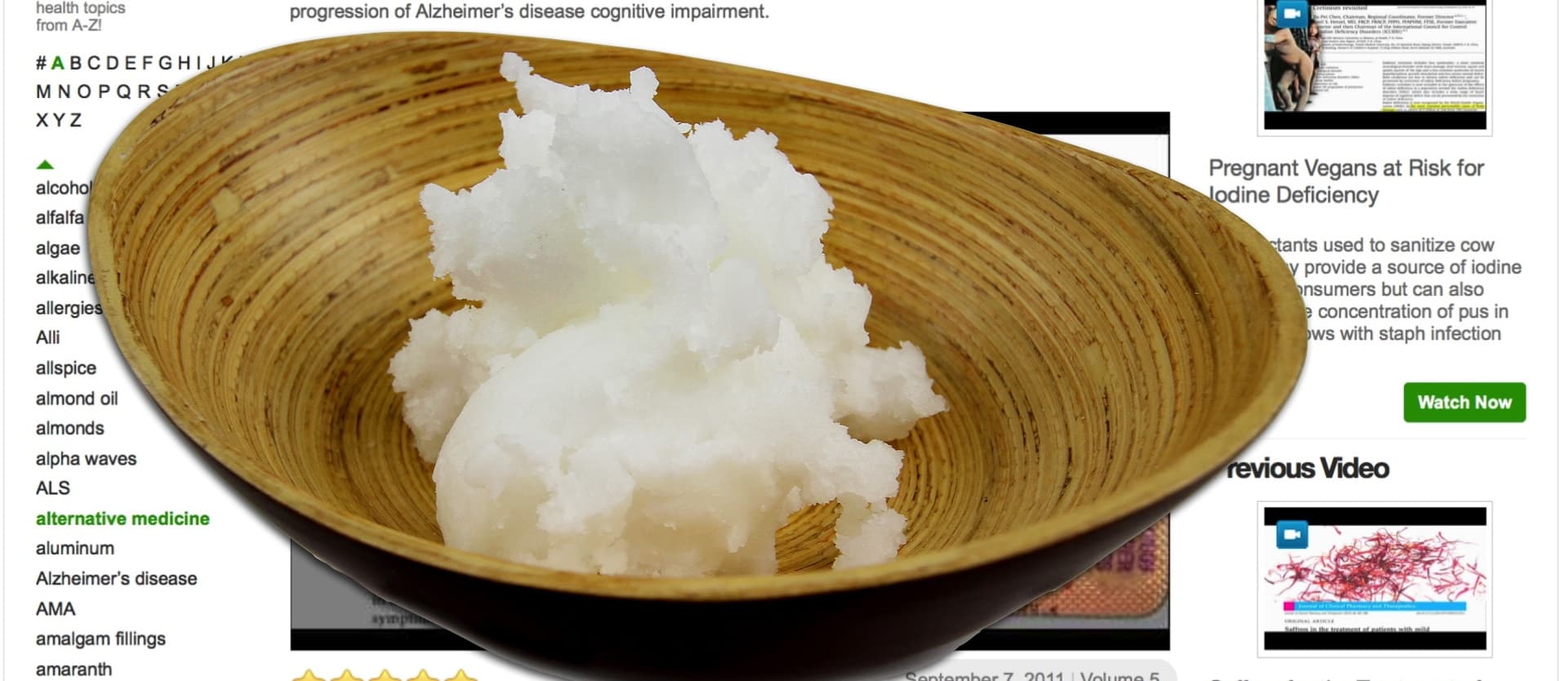
Sellers of coconut oil use a beef industry tactic to downplay the risks associated with the saturated fat in their products.
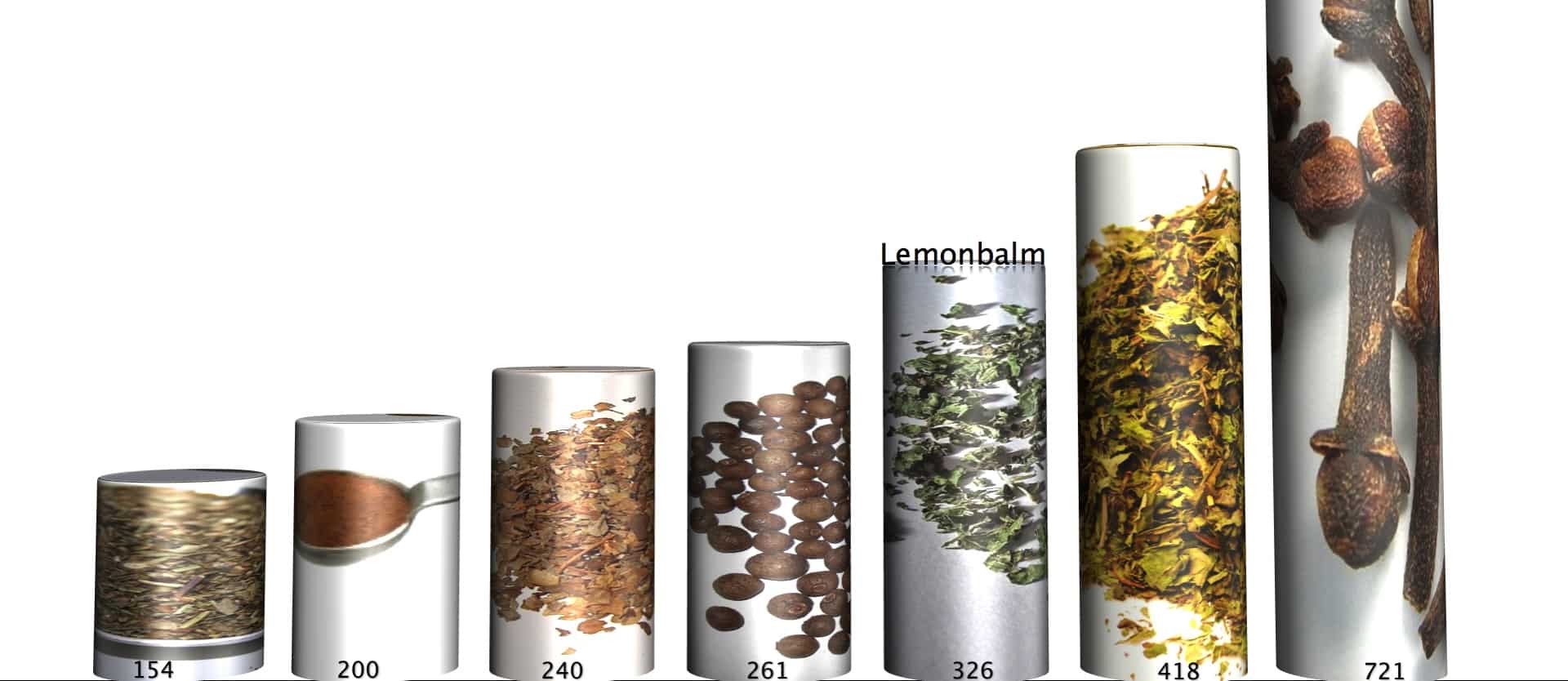
A component of cooked ginger root protects human white blood cells in vitro against radiation-induced genetic damage, and lemon balm tea appears to protect radiology staff against radiation-induced oxidative stress.

Choline may be the reason egg consumption is associated with prostate cancer progression and...

The beef industry designed a study to show that a diet containing beef was able to lower cholesterol—if one cuts out enough poultry, pork, fish, and cheese to halve one’s total saturated fat...

Reducing the ratio of animal to plant protein in men’s diets may slow the progression of prostate...

Dioxins, endocrine disrupting pollutants, heavy metals, saturated fat, and steroids in the meat supply may be affecting sperm counts, semen quality, and the ability of men to...

About half of America's trans fat intake now comes from animal...

A component of cooked ginger root protects human white blood cells in vitro against radiation-induced genetic damage, and lemon balm tea appears to protect radiology staff against radiation-induced oxidative...

The ability of eleven common fruits to suppress cancer cell growth in vitro was compared. Which was most effective—apples, bananas, cranberries, grapefruits, grapes, lemons, oranges, peaches, pears, pineapples, or...

Expanding on the subject of my upcoming appearance on The Dr. Oz Show, a landmark new article in the New England Journal of Medicine shows that choline in eggs, poultry, dairy, and fish produces the same toxic TMAO as carnitine in red meat—which...